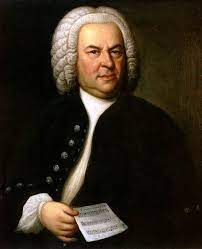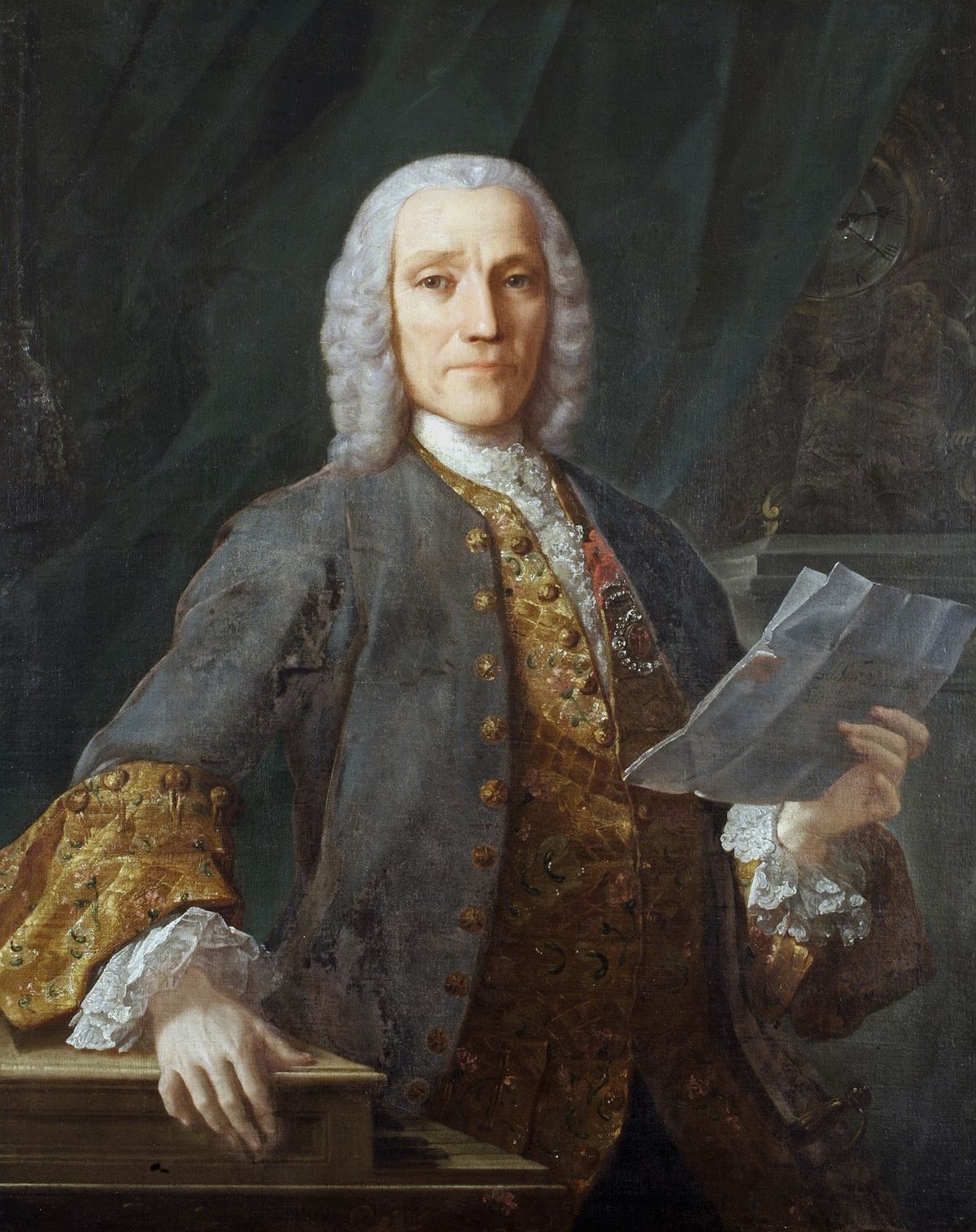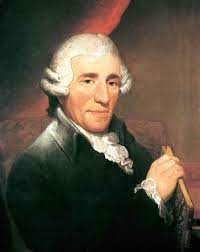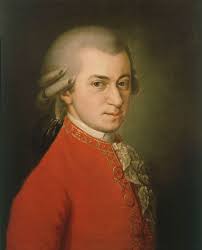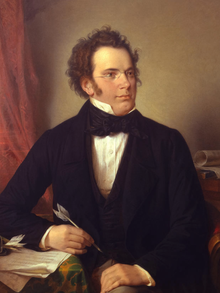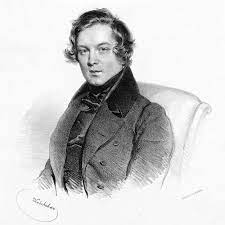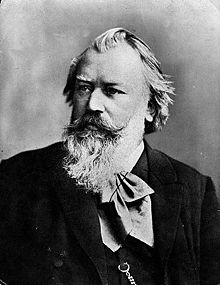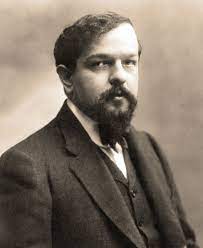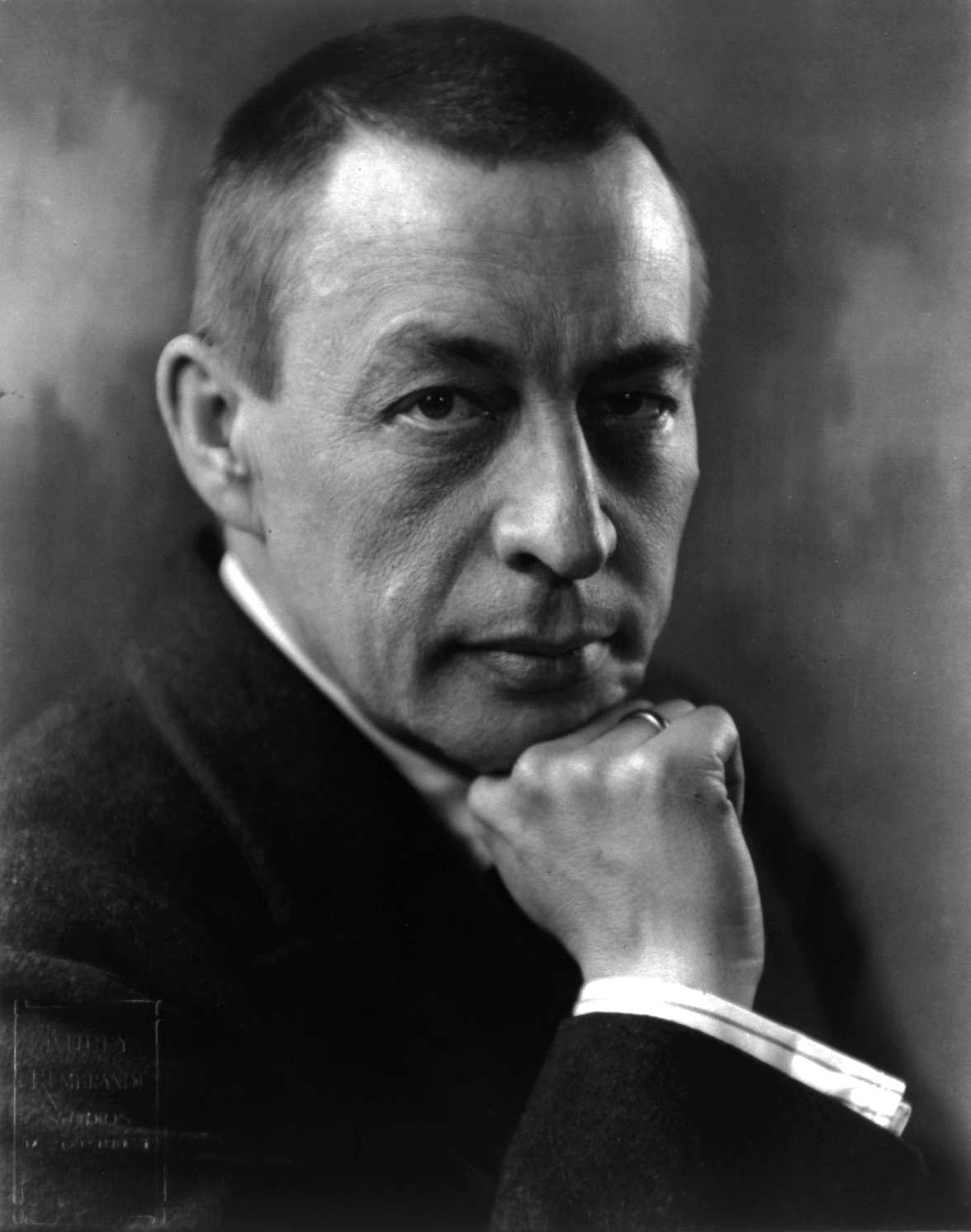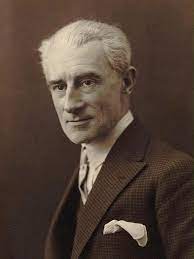Franz Liszt was born in a small village in Hungary, where he showed early aptitude for music. He began his piano studies at a young age and quickly gained recognition for his prodigious talent. He went on to study music in Vienna and later in Paris, where he immersed himself in the vibrant musical scene of the time. Liszt's early life was marked by his rapid rise to fame as a pianist, and he toured extensively throughout Europe, performing to enthusiastic audiences and earning widespread acclaim for his virtuosity and innovative compositions.
Major Works
- Piano Sonata in B minor
- Totentanz
- Les Préludes
- Hungarian Rhapsodies
- Transcendental Études
- Années de pèlerinage
- Christus
Liszts Showmanship
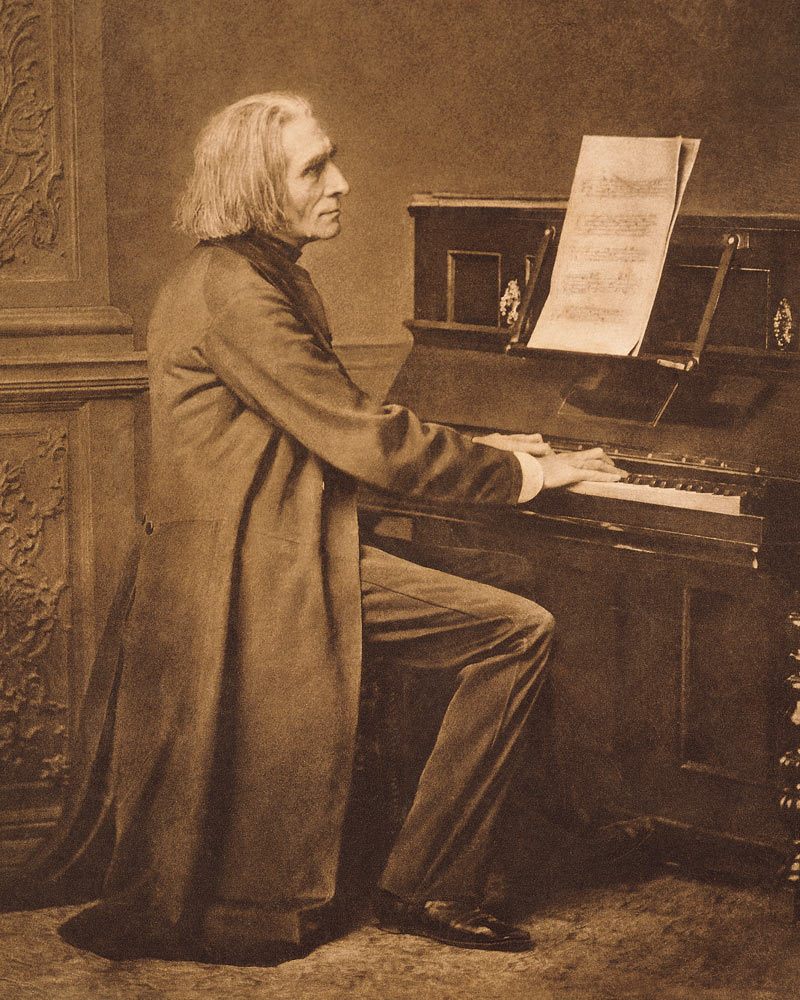
Franz Liszt was known for his captivating and flamboyant showmanship as a performer. He was known to perform with great passion and emotion, often incorporating theatrical gestures and virtuosic piano techniques into his performances. Liszt's showmanship on stage was legendary, and he was considered a rock star of his time, drawing large audiences and garnering widespread attention for his thrilling and electrifying performances.
Personal Life
Franz Liszt led an extraordinary personal life. He was known for his charisma, charm, and magnetism, and he had a reputation for being a flamboyant and extravagant personality. Liszt was known for his generosity, often using his talents and resources to support fellow musicians and charitable causes. He had numerous romantic relationships throughout his life, including with prominent female musicians and writers of his time, such as Marie d'Agoult and Princess Carolyne von Sayn-Wittgenstein. Liszt's personal life was also marked by his deep religious convictions, and he later took minor orders in the Catholic Church and led a more spiritual and contemplative life.
Legacy
Franz Liszt's legacy in the world of classical music is immense. He is regarded as one of the most influential composers and pianists of the Romantic era. His innovative compositions, technical prowess, and showmanship on stage left a lasting impact on the music world. Liszt's contributions to piano technique and his groundbreaking approach to composition influenced generations of musicians, and his works continue to be performed and studied by musicians and music scholars today. His legacy also extends beyond his musical achievements, as he played a pivotal role in elevating the status of the piano and the role of the performer in the 19th century, paving the way for future generations of virtuoso pianists.
Liebestraum by liszt
Liebestraum No.3 in A Flat Major
Liszt's "Liebesträume" (German for "Dreams of Love") is a set of three solo piano pieces, numbered S. 541, that he composed in the 1850s. The third "Liebestraum" is perhaps the most well-known and frequently performed among the three. It is a lush and passionate piece, known for its sweeping melodies and virtuosic piano technique. The "Liebestraum No. 3" is written in the key of A-flat major and is characterized by its flowing and lyrical nature. The piece begins with a tender and expressive melody in the right hand, accompanied by arpeggios in the left hand that create a sense of harmonic richness. As the piece progresses, Liszt weaves together a series of contrasting themes, alternating between moments of intense emotion and delicate lyricism. The piece reaches a climactic point with a soaring and virtuosic melody in the middle section, showcasing Liszt's mastery of piano technique. "Liebestraum No. 3" is often considered a staple of the Romantic piano repertoire, admired for its emotional depth and technical challenges. It has been transcribed for various instruments and has been featured in numerous arrangements and adaptations. Liszt's "Liebestraum No. 3" remains a beloved and enduring work that continues to captivate audiences with its expressive beauty and musical brilliance.
Liszt-Bendiction De Dieu Dans La Solitude in D Flat Major
Bach Cello Suite No.1 in G Major
"Bénédiction de Dieu dans la Solitude" is a composition by Franz Liszt, which translates to "Blessing of God in Solitude" in English. It is a solo piano piece and is one of the ten pieces from Liszt's piano cycle "Harmonies poétiques et religieuses" (Poetic and Religious Harmonies). "Bénédiction de Dieu dans la Solitude" was composed in 1847-1852 and is known for its rich and expressive musical language, as well as its virtuosic piano writing. The piece is characterized by its serene and contemplative atmosphere, with lush harmonies and lyrical melodies that evoke a sense of spiritual reflection and introspection. It is often considered one of Liszt's most profound and introspective works, reflecting his deep religious and philosophical beliefs. In terms of musical abilities, "Bénédiction de Dieu dans la Solitude" showcases Liszt's mastery of piano technique and his ability to create evocative and emotionally charged compositions. The piece features intricate and challenging piano passages, including rapid scales, arpeggios, and intricate fingerings, which highlight Liszt's virtuosic pianistic skills.
The Death
Franz Liszt passed away on July 31, 1886, in Bayreuth, Germany, at the age of 74. His cause of death was officially listed as pneumonia, although there are theories that he may have also suffered from other health issues at the time. Despite his passing, his music and influence continue to thrive, and his contributions to classical music and piano repertoire remain significant to this day.

